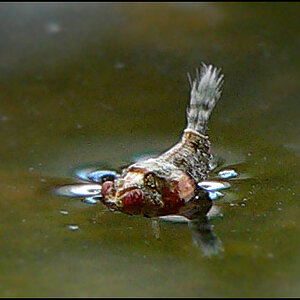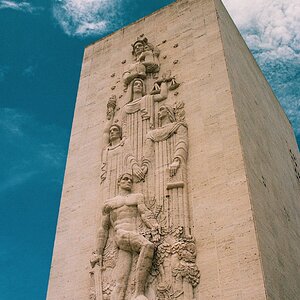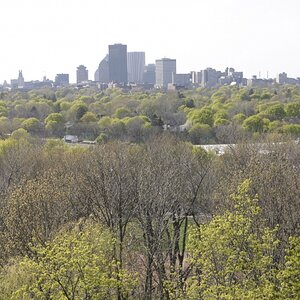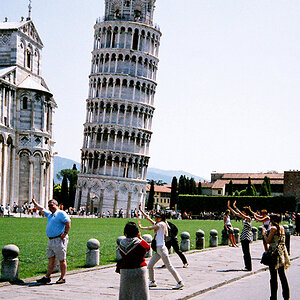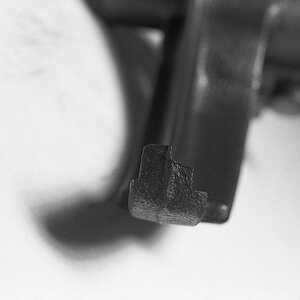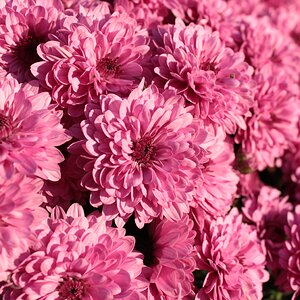CmazzJK
No longer a newbie, moving up!
- Joined
- Jan 15, 2014
- Messages
- 287
- Reaction score
- 90
- Can others edit my Photos
- Photos OK to edit
I am going to get a wide angle lens in the next month or so. I have searched far and wide on the web looking for help in figuring out what the most practical lens would be for me I shoot mainly landscapes, and just recently realized how awesome night photography is. Should I be looking at wide angle primes for the best all around lens for landscape and night shots for lower apertures? I need some help here.


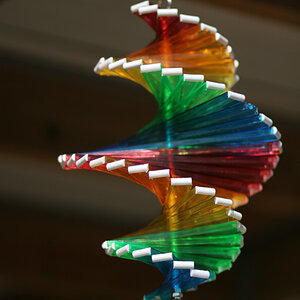
![[No title]](/data/xfmg/thumbnail/30/30870-c7febc7c14dc6447653c2ae2355ffc61.jpg?1619734488)
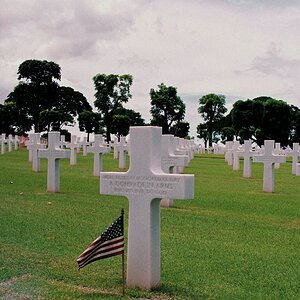
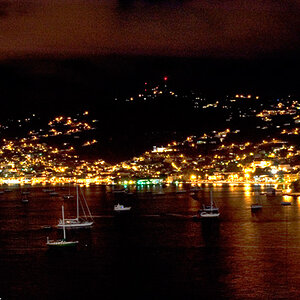
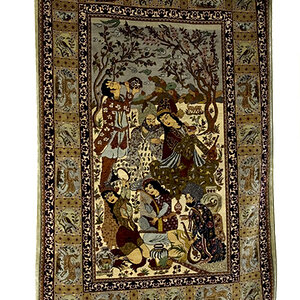
![[No title]](/data/xfmg/thumbnail/30/30871-c87f97bf2d9d493b4c08ba6482680038.jpg?1619734488)
